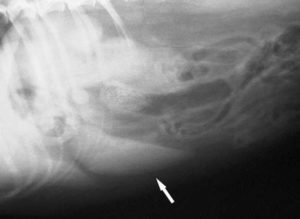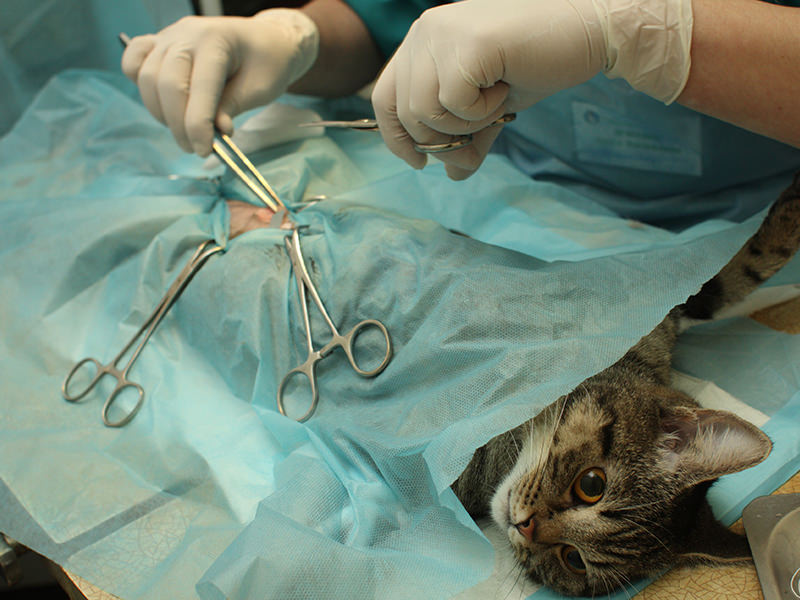A Good Diet Is Essential
Spleen which is normally called the graveyard for cell, is a very complex organ with two distinct parenchymal division the red pulp and the white pulp. The red pulp filter blood and remove damaged red cell and recycle the iron and use it again during the process of hematopoiesis of RBCs, leukocytes and platelets. On the other hand white pulp produce and store immune cell like lymphocyte and macrophages which are responsible for trapping any “foreign” material (eg, cells harboring infectious organisms, antibody-coated cells that are targeted for destruction and removal from circulation).
Splenic disorders are common in middle-aged and older dogs, with clinical signs ranging from vague signs of illness to life-threatening hemoabdomen. In these disorders, splenomegaly is often present, regardless of disease severity.
Hemangiosarcoma
Extramedullary Hematopoiesis
Multicentric Lymphoma
Nodular Hyperplasia/ Hematoma
Congestion
Hemangiosarcoma
Arises from the vascular endothelium and often develops into a large cavitary mass in the spleen. Clinical signs are typically related to anemia, which may be mild to severe and life-threatening, and include pale mucous membranes, tachycardia, lethargy, and abdominal distention. Intra- and extrasplenic hemorrhage may occur and can cause marked hemoabdomen and acute anemia with subsequent hypovolemia and collapse. Blood study findings can include schistocytosis, thrombocytopenia, and, possibly, disseminated intravascular coagulation.
Extramedullary Hematopoiesis
Extramedullary hematopoiesis ( hematopoiesis occurring outside the bone marrow) causes diffuse uniform symmetric enlargement of the spleen (because of “work hypertrophy”) with increased activity of the mononuclear phagocytic system and increased blood cell production. Hypoxia is the main stimulus for splenic EMH in an adult animal and can be seen with any disease that undermines the ability of the bone marrow to function properly.
Multicentric Lymphoma
Multicentric lymphoma is the most common form of lymphoma in dogs, and the liver and/or spleen are frequently involved (Stage IV). Infiltration of neoplastic lymphoid cells often causes a diffuse enlargement of the spleen that results in a characteristic “honeycomb” or “moth-eaten” appearance on ultrasonography. FNA is another good choice. Treatment with chemotherapy is considered standard of care and is associated with 80% to 90% remission rates with median survival times of 10 to 12 months, depending on the chemotherapy protocol used.
Nodular Hyperplasia/ Hematoma
Nodular hyperplasia is the continuation of the process that ends up in the formation of hematoma. Hyperplastic nodules are benign masses that typically cause discrete abnormal areas in the spleen. During ultrasonography, hyperplastic nodules appear as focal or diffuse discrete hyperechoic, hypoechoic, or isoechoic masses—which may or may not cause shadowing—in the spleen. They may cause an irregular splenic border, but rarely do hyperplastic nodules distort, or bulge, the splenic capsule. These nodules cannot be distinguished from neoplasia by ultrasonography alone.
Congestion
Splenic congestion has numerous causes, including sedation, anesthesia, thrombosis, right-sided congestive heart failure, splenic torsion, and portal hypertension. Splenic congestion may cause severe splenomegaly and clinical signs, as the spleen is capable of pooling up to 30% of blood volume.10Smooth muscle relaxation may be responsible for drug-induced splenic congestion, which is transient and may be limited to certain drugs (eg, phenothiazine sedatives, ultrashort-acting barbiturates). Administration of acepromazine, thiopental, or propofol produces marked splenomegaly. Severe hepatic disease may lead to portal hypertension and subsequent splenomegaly. Increased systemic hydrostatic pressure from right-sided congestive heart failure or increased splenic vein hydrostatic pressure because of thrombosis may cause splenic congestion.
Professional Pet Care
Pet owners trust us to look after the needs of their beloved companions. We are specialists committed to delivering the very highest of veterinary care and affection.








Recent Comments